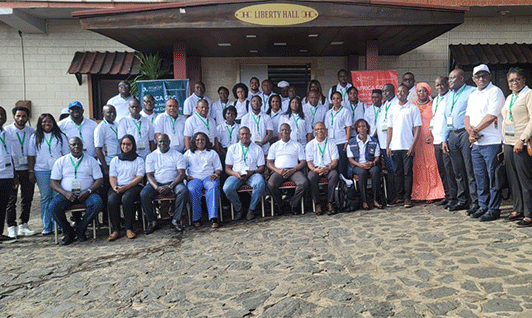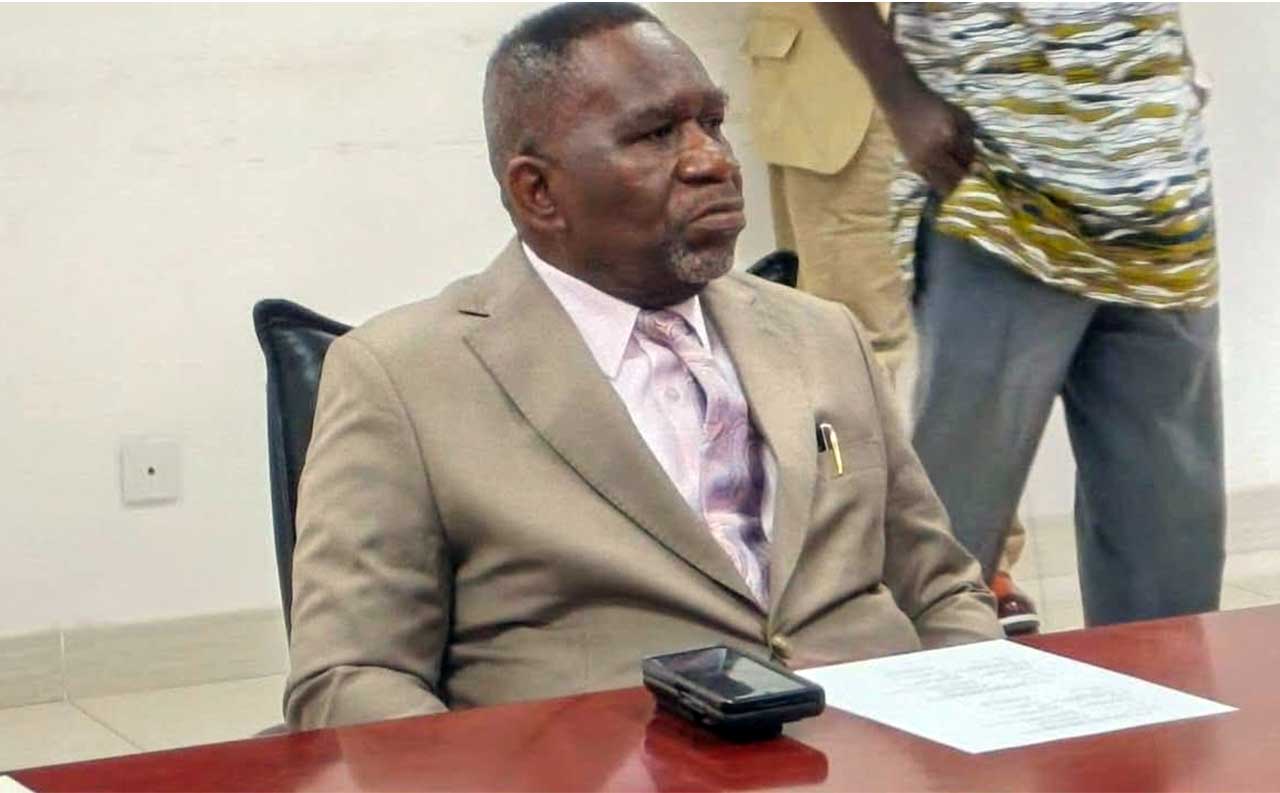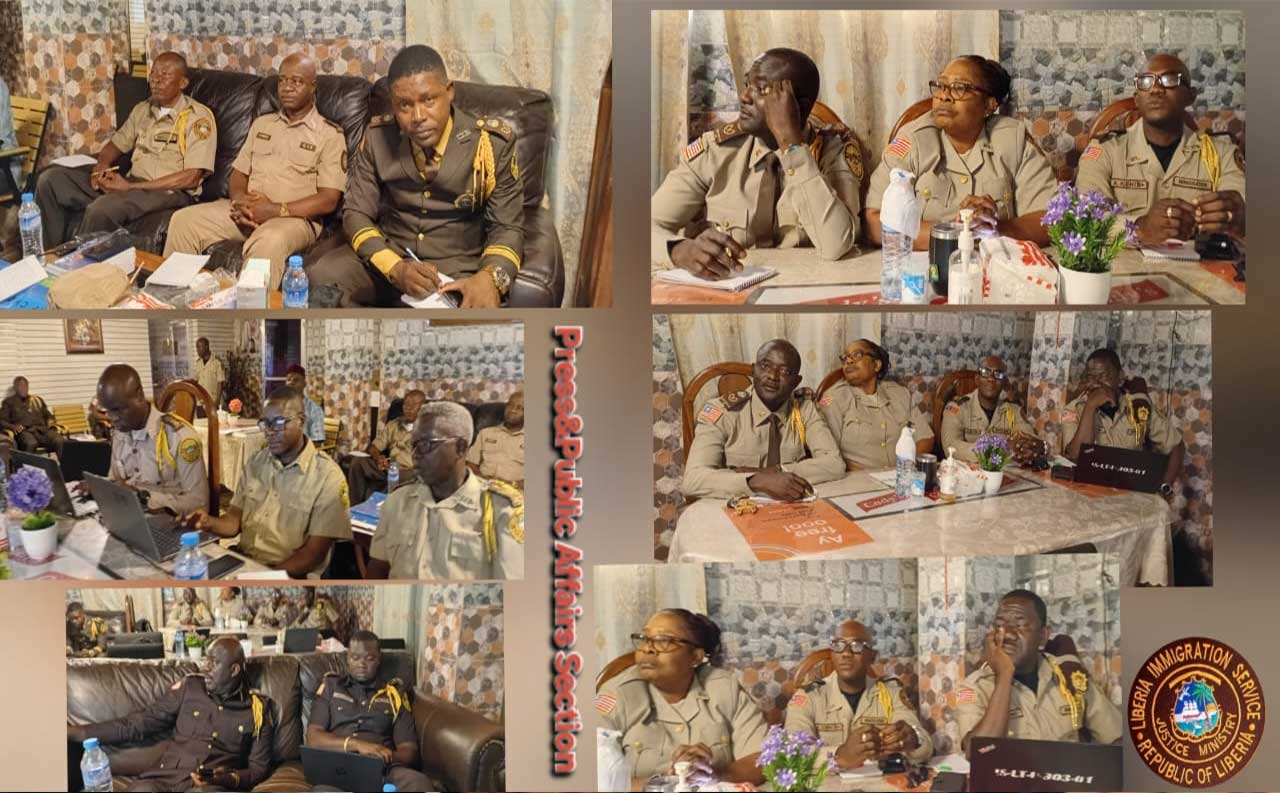The Africa Center for Disease Control and Prevention (Africa CDC) and the Economic Community of West African States (ECOWAS) have committed to enhancing health capacity across West Africa. This commitment was announced at the conclusion of a three-day meeting held in Liberia, aimed at strengthening the region’s health security through improved Risk Communication and Community Engagement (RCCE). The workshop took place from Tuesday, June 17 to Thursday, June 19, 2025, under the theme “Strengthening Risk Communication and Community Engagement for Effective Public Health Emergency Preparedness and Response.” During this meeting, participants discussed five key steps to move forward in pursuit of this goal.
The planned five steps include:
- Supporting capacity building for RCCE among network members.
- Developing and finalizing an action plan for the ECOWAS Western Africa RCCE Network for 2025-2026.
- Joint mobilization of resources by Africa CDC, ECOWAS, and the RCCE Network to support the implementation of a one-year roadmap from June 2025 to June 2026.
- Facilitating experience sharing among member states.
- Establishing a small technical working group with expertise on Mpox to assist countries at risk of increased cases.
The workshop was attended by public health experts, communication professionals, and government officials from the fifteen ECOWAS countries. Organized by Africa CDC in collaboration with the West African Health Organization (WAHO) and Liberia’s Ministry of Health, the workshop focused on enhancing regional preparedness and response to public health emergencies through effective community engagement and information dissemination.
In his closing remarks, Dr. Kokuo Alinon, the Africa CDC Regional Director, emphasized the critical role of RCCE in building public trust during health crises. He stated that community engagement is not merely a tool but the foundation of any successful emergency response. Dr. Alinon mentioned that the collective efforts during the workshop would assist member states in developing strong systems that prioritize listening to, understanding, and involving communities in health protection.
An ECOWAS representative highlighted that in 2019, training for RCCE stakeholders had been conducted and that discussions are underway with a local university to establish a certified training program in risk communication and community engagement. She noted that while each state has its individual policies, efforts will be made to ensure that those best suited for response roles are included in the network. The representative stressed that it is crucial for states to recognize this need, advocating for representation and continuity in their response strategies.
She further explained that lessons learned from past health emergencies, such as Ebola and COVID-19, underscore the necessity for coordinated communication strategies across the sub-region. Dr. Dugbe Chris Nyan, the Director General of the National Public Health Institute of Liberia (NPHIL), expressed gratitude to Africa CDC and ECOWAS for selecting Liberia as the host country and reiterated the government’s commitment to strengthening RCCE as a key component of public health resilience.
Participants at the workshop reviewed RCCE practices from recent emergency responses, identified existing gaps, and developed action plans tailored to their national contexts. The workshop also included training sessions on rumor tracking, community feedback mechanisms, and the effective use of social and traditional media during outbreaks.



